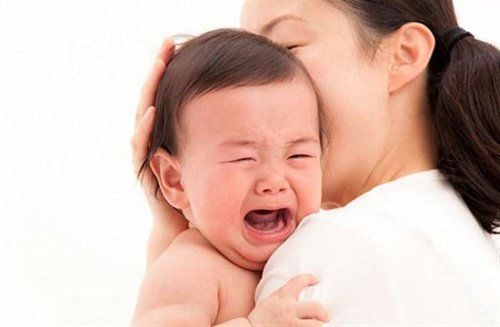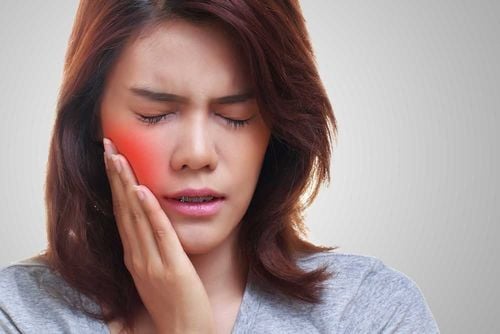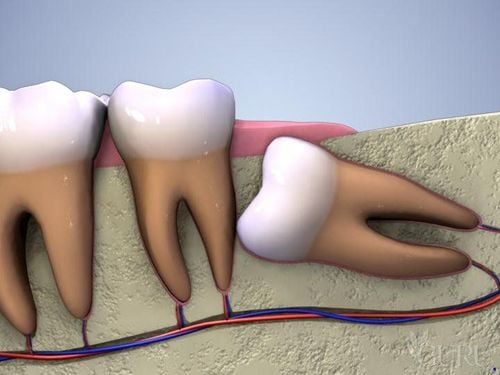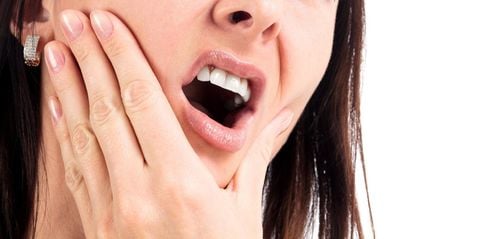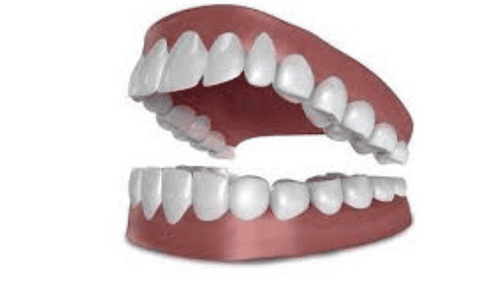This is an automatically translated article.
The article is professionally consulted by Master, Doctor Dang Tien Dat - Doctor of Odonto-Stomatology - Department of Medical Examination and Internal Medicine - Vinmec Ha Long International General Hospital.Before any surgery, including wisdom tooth extraction surgery, a blood test is an extremely necessary step. Wisdom teeth after extraction, if not cared for well, are prone to infection, swelling and pain. Therefore, there should be a few notes when removing wisdom teeth to ensure the safest extraction.
1. What are wisdom teeth?
Wisdom teeth are teeth located at the end of the jaw, do not have many chewing functions. When the papillae erupt, it often causes pain, discomfort and can form dangerous complications. Therefore, in cases where wisdom teeth grow crooked or grow underground, it is recommended to remove them.
2. Does wisdom tooth extraction need blood tests?
Testing of blood physiological constants to ensure that there are no abnormalities in blood clotting or blood cell counts to ensure a smooth postoperative healing period.
Patients need to be informed to realize the importance and necessity of this test, thereby avoiding prolonged bleeding, non-healing after surgery, leading to unfortunate consequences. like an infection that doesn't go away.

Xét nghiệm đông máu trước khi nhổ răng 8
3. Wisdom tooth extraction procedure
3.1 Examination It is necessary to visit an early examination when there are symptoms of pain in the gum area at the innermost corner of the jaw to promptly detect and monitor the process of wisdom teeth eruption, thereby having a timely treatment, avoiding complications. dangerous disease. Dental examination is very important, because only after understanding the growth position and overall health, the doctor can decide whether to extract wisdom teeth or not.
Therefore, if the doctor requests to extract the tooth but has not examined it, you should refuse and choose another, more reputable dental facility for thorough examination and consultation.
To determine the position and direction of the wisdom teeth, the doctor will conduct an examination and take X-rays of the teeth. After having the results of the examination, the doctor will give an appropriate treatment to help the extraction take place in absolute safety.
After taking dental X-ray, it is necessary to carry out a blood test to check if the coagulation level meets the conditions for performing minor surgery. Finally, the doctor will check your oral health and treat any lesions or infections if any.
However, minor surgery to remove wisdom teeth is directly related to the anatomical structure of the maxillary sinus, nerves... so it is not possible to perform specialized anatomical methods. Therefore, for people with systemic diseases such as: cardiovascular disease, diabetes, blood clotting disorders ... wisdom teeth will be kept. Therefore, to avoid complications after surgery, please discuss clearly with your doctor about your health status as well as medical history.
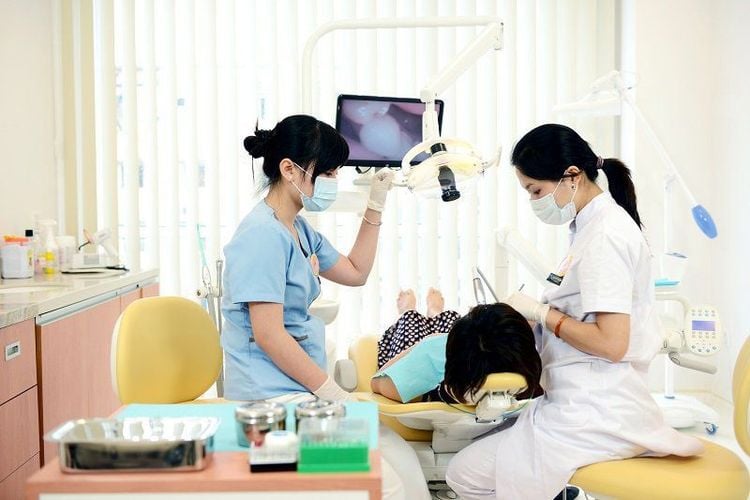
Thăm khám răng trước khi nhổ răng khôn tại Vinmec
3.2 Extraction On the day of wisdom tooth extraction, the doctor will check again to ensure the health of the body, the teeth are always the best, ready to perform minor surgery.
Steps to extract wisdom teeth
Step 1: Anesthesia
Wisdom tooth extraction is only minor surgery, so there is no need for anesthesia, so only local anesthesia is used to limit pain. After 1 - 1.5 hours, the anesthetic wears off, you will feel a bit of pain at the extraction site.
Step 2: Extract the tooth
Need to make an incision in the gums to remove the crown and root of the wisdom tooth. In case the wisdom teeth are very misaligned, a dental drill must be used to cut the teeth into several parts to make it easier to remove the teeth as well as limit the impact on the jawbone and adjacent teeth.
The time of tooth extraction depends on the position and direction of the teeth. On average, each tooth usually only takes about 15-30 minutes, but in some cases it takes up to several hours.
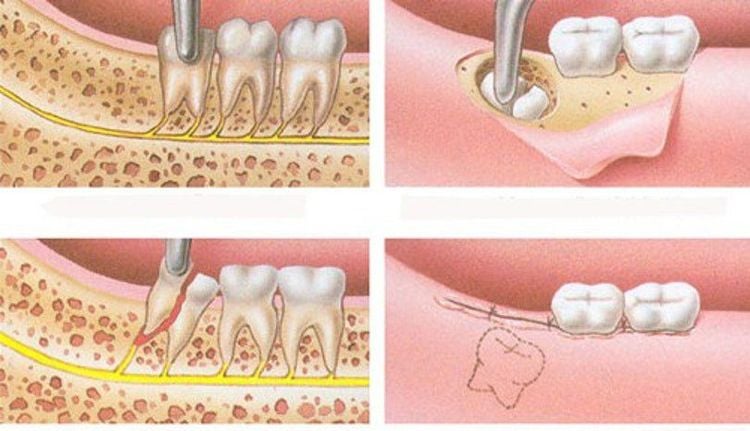
Nhổ răng khôn mọc lệch
4. Notes when removing wisdom teeth
4.1 Before tooth extraction Be in good general health with no or controlled diseases related to the intervention; take dental medicine before, during and after tooth extraction if you have diseases such as high blood pressure, hemophilia, diabetes, cardiovascular disease,...
Detailed history of chronic diseases such as gastritis , high blood pressure, cardiovascular disease, musculoskeletal conditions,... and current drugs such as anticoagulants, antibiotics, pain relievers, drugs that can cause allergies,...
Minimize the quantity bacteria in the oral cavity such as:
+ There is no inflammation, pain due to infection in the mouth and the area of the tooth to be extracted;
+ Cavities should be filled to eliminate potential bacteria in the mouth
+ Remove tartar and thoroughly treat gingivitis before tooth extraction, if the tooth to be extracted is still painful (especially) especially tooth number 8) should be treated to remove the infection first until the pain is gone, because if there is inflammation around the tooth, it will reduce the effectiveness of the anesthetic during tooth extraction.
+ Have a prescription and take dental antibiotics a day or two before tooth extraction to increase antibacterial properties for the whole body.
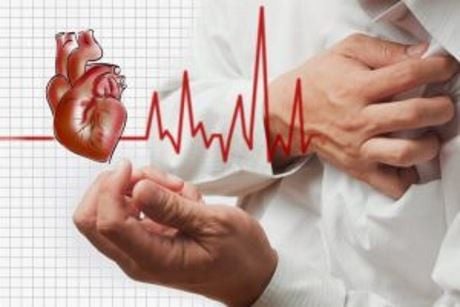
Người có bệnh lý tim mạch nên thông báo trước với bác sĩ
Take X-ray film of the tooth to be extracted to control the shape, number of roots, bone condition around the socket.
Time of tooth extraction: It is advisable to extract teeth in the early morning or early afternoon to have more time to monitor and control bleeding after tooth extraction.
Should eat full before tooth extraction.
Women should not have their teeth pulled during pregnancy, lactation and menstruation.
4.2 After tooth extraction Care notes after wisdom tooth extraction:
+ Bite on the gauze for 20 minutes until the bleeding stops, however, do not hold the gauze for too long because the gauze will absorb all the blood. similar to the wound makes it take longer to heal;
+ Apply ice outside the cheek to reduce swelling immediately after extraction, apply in the first day after tooth extraction and only apply ice in case of too much pain, swelling and pain;
+ Maintain oral hygiene after 24-48 hours of tooth extraction. Gargle with specialized antibacterial mouthwash;
+ Take medicine according to the doctor's prescription;
+ Eat soft, easy-to-swallow foods;
+ Do not rinse your mouth vigorously, continuously or brush your teeth within 24 hours after tooth extraction surgery to avoid breaking blood clots;
+ Touch the extraction site with your hands or tongue as it can cause further bleeding and infection of the wound;
+ Have a reasonable rest regime, avoid heavy labor that causes too much physical stress;
+ Do not drink alcohol, beer, carbonated soft drinks, smoke within 24 hours after tooth extraction;
+ Do not use ice or cold water directly on the extraction area;
+ Do not hydrate with salt water, mouthwash and avoid spitting after tooth extraction;
+ Do not eat chewing gum, hard candy, hot or cold spicy food;
+ Limit strong impact on the oral cavity.

Sau khi nhổ răng người bệnh nên ăn thức ăn mềm
Vinmec International General Hospital is one of the hospitals that not only ensures professional quality with a team of leading medical doctors, modern equipment and technology, but also stands out for its examination and consultation services. comprehensive and professional medical consultation and treatment; civilized, polite, safe and sterile medical examination and treatment space. Customers when choosing to perform tests here can be completely assured of the accuracy of test results.
Master, Doctor Dang Tien Dat graduated with a master's degree in Odonto-Stomatology at Hanoi Medical University. Dr. Dat has strengths in: performing wisdom tooth extraction procedures, root canal treatment, tartar removal, gentle tooth filling, minimal trauma, helping patients to minimize pain; Design and make beautiful porcelain teeth. Currently, dentist Dat is working at the Department of Odonto-Stomatology, Vinmec Ha Long International Hospital.
To register for examination and treatment at Vinmec International General Hospital, you can contact Vinmec Health System nationwide, or register online HERE.
MORE:
What is wisdom teeth misaligned on the upper jaw? How to extract wisdom teeth? Which teeth are wisdom teeth? How many wisdom teeth does a person have?





